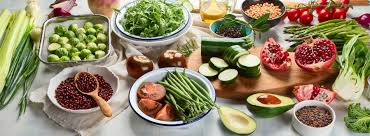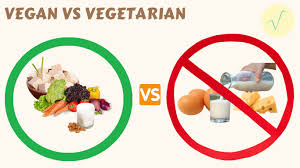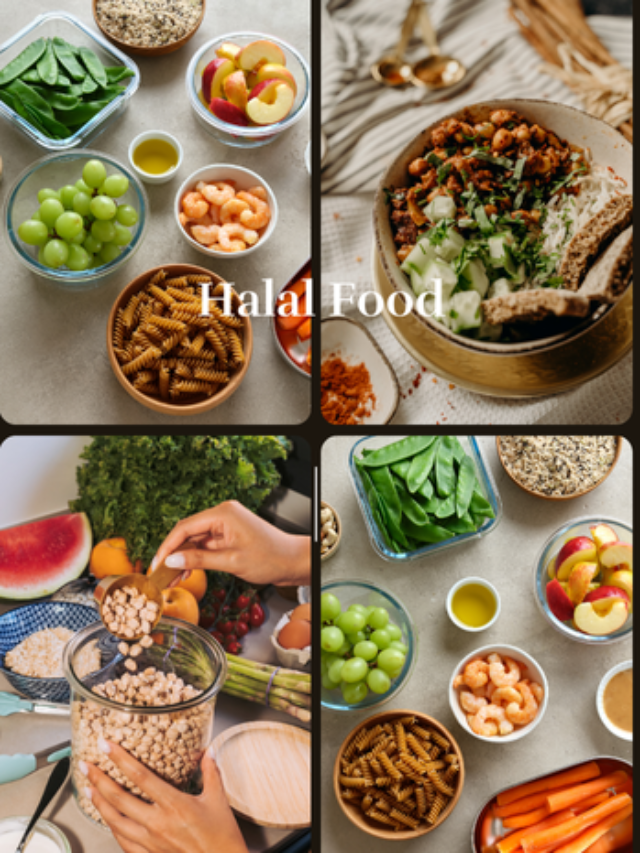Vegan and vegetarian term explain two types of diets that are plant-based to varying degrees, still they differ significantly in their restrictions and philosophies. There is no single definition of a plant-based diet, However it basically means eating plants. Two specific versions of a plant-based diet are well-defined: vegetarianism and veganism.
vegetarianism and veganism both of them include plant based foods like as fruits, vegetables, legumes, and whole grains and most important thing is excluded meat and poultry.

What is the difference between vegetarian and vegan diet?
Here’s are detailed explanation about both vegetarian and vegan
What is vegetarian diet and health benefits?
Excluding meat and poultry a vegetarian diet, However usually involves other animal products like as dairy and eggs. Honey, butter and gelatin food may a vegetarian eat such type of food, depending on their personal preference. Such type of diet aim on plants, grains, nuts, seeds and legumes as the main sources of nutrition.
Category of vegetarians
- Lacto-vegetarian: Dairy products enclosed but must avoid eggs, meat, and fish.
- Ovo-vegetarian: Eggs enclosed but accept milk, meat, and fish.
- Lacto-ovo-vegetarian: Both eggs and dairy enclosed while avoiding meat and fish.
There are multiple reason for vegetarian arise, enclosed benefits of health, ethical concerns about animal cruelty, religious issues or surrounding concerns.
Vegetarian Health Benefits
- Bone Health
- Lower Blood Pressure
- Digestion Improved
- Weight Management
- Heart Health
- Enhanced Energy level
- Promote Skin Health
- Longer lifespan
What is vegan diet and health benefits?
Vegan diet is more restrictive than a vegetarian diet. It exclude all animal products and by products, including meat, fish, dairy, eggs, and honey. Vegans concentrate entirely on plant based foods such as fruits, vegetables, grains, nuts, seeds, legumes, and plant based alternatives such as almond milk and coconut yogurt.
Category of vegan
Dietary vegans: Follow a vegan diet but not necessarily a lifestyle.
Ethical vegans: Adopt veganism as a lifestyle, avoiding animal products in food, clothing, and daily life.
Environmental vegans: Select veganism to decrease their surrounding effect, as animal agriculture contributes importantly to deforestation, water use and greenhouse gas emissions.
Vegan Health Benefits
Vegan diet involves many health benefits due to its emphasis on nutrient dense plant based foods like as fruits, vegetables, grains, nuts and seeds. Excluding all animals products, a vegan diet can promote greater overall health.
Below are the primary health advantages of adopting a vegan diet:
- Decreased the risk of heart disease
- Lower Cancer Risk
- Strong Immune System
- Promote Health of glow skin
- Emotional and Environmental Advantage
- Enhanced Longevity
What are the Challenges and Considerations of Vegan and vegetarians diet?

Vegetarian and vegan both diets have many health advantages, However they also come with Risks or challenges and concerns that require careful planning to ensure nutritional adequacy and ease of adoption.
Below is an overview of the challenges associated with these diets:
Nutritional Deficiency
- Vitamin B12: Found main in animal products, a deficiency can lead to fatigue, nerve damage, and anemia. Vegetarians and vegans may need fortified foods or supplements.
- Iron: Plant based iron is less easily absorbed by the body than animal based iron. It can put you at risk for anemia without adequate consumption of iron-rich foods like lentils, spinach, and fortified cereals.
- Calcium: Vegetarians can get calcium from dairy, vegans must rely on fortified plant milks, tofu, and leafy greens, which can sometimes be insufficient.
- Omega-3: Essential for brain and heart health, omega-3s from plant sources like flaxseeds and chia seeds may not provide enough EPA and DHA.
Social and Cultural Challenges
- Finding suitable vegan or vegetarian options at restaurants or social gatherings can be difficult, especially in areas where meat-based diets dominate.
- Describing food options and accommodating them during shared meals can sometimes lead to conflict or misunderstandings.
Accessibility and Affordability:
Vegan products like plant based meats, dairy alternatives or fortified foods can be expensive other than to their non vegan counterparts.
Emotional and Ethical Considerations
Conclusion
FAQs About Vegan and Vegetarian
Is honey vegan?
No, honey is not deliberate for vegan. Veganism pursue all products derived from or involved in the exploitation of animals, and honey is a by-product of bees.
what are the requirements for vegan diet?
what is the big dietary concern for vegetarian and vegan?
what are the 5 most important rules of vegan diet?
Here are the five most important principles of a vegan diet:
- Avoid animal products
- Focus on whole foods
- Ensure nutritional balance
- Plan your meals
- Minimize processed foods





